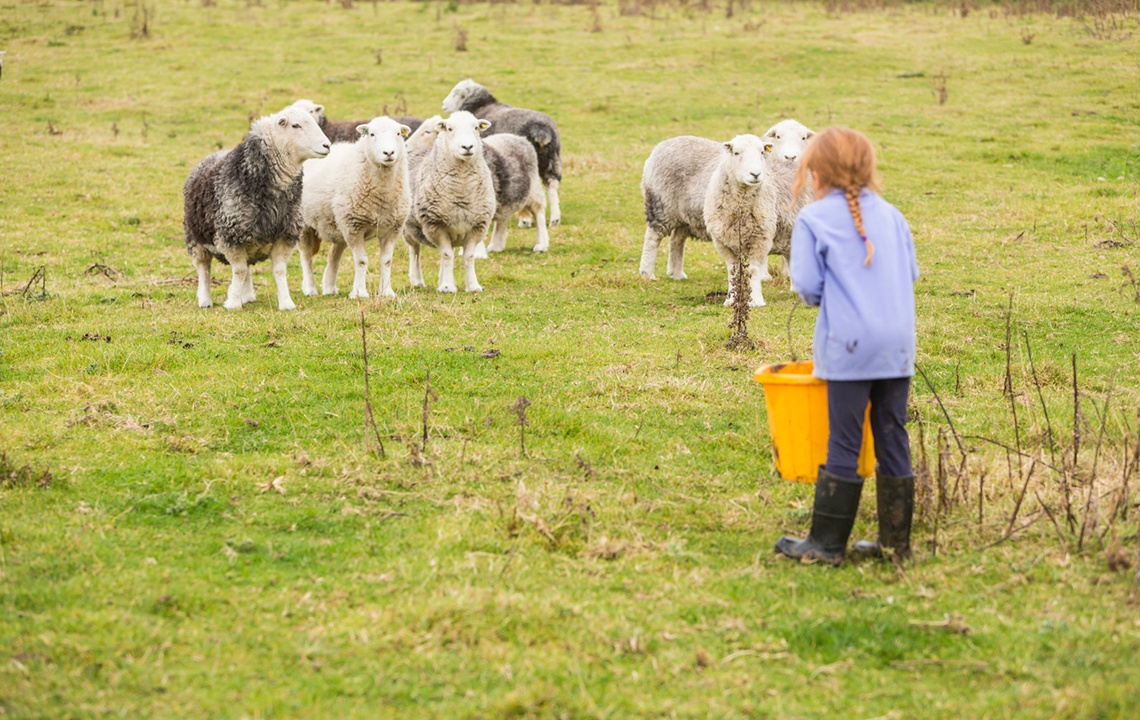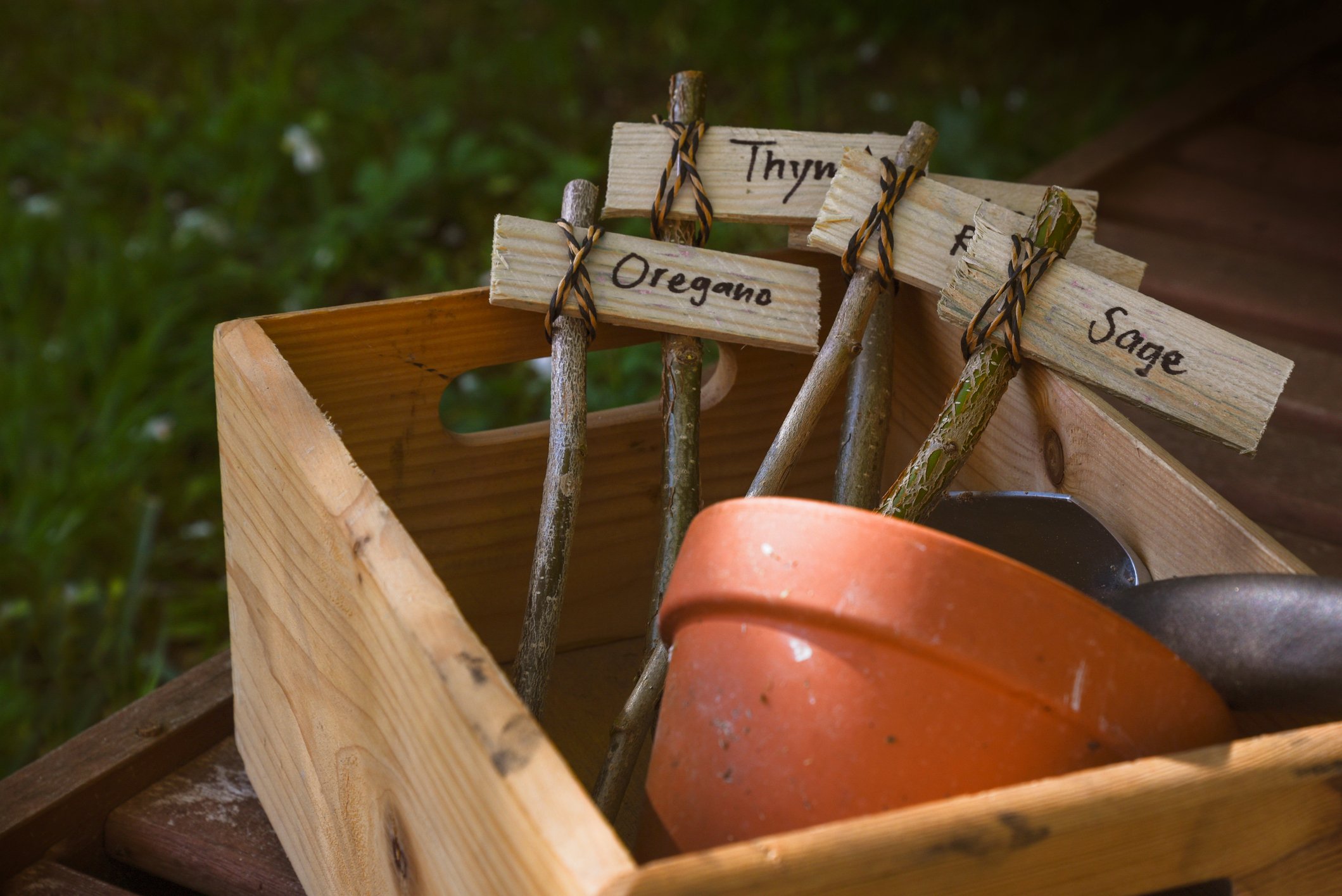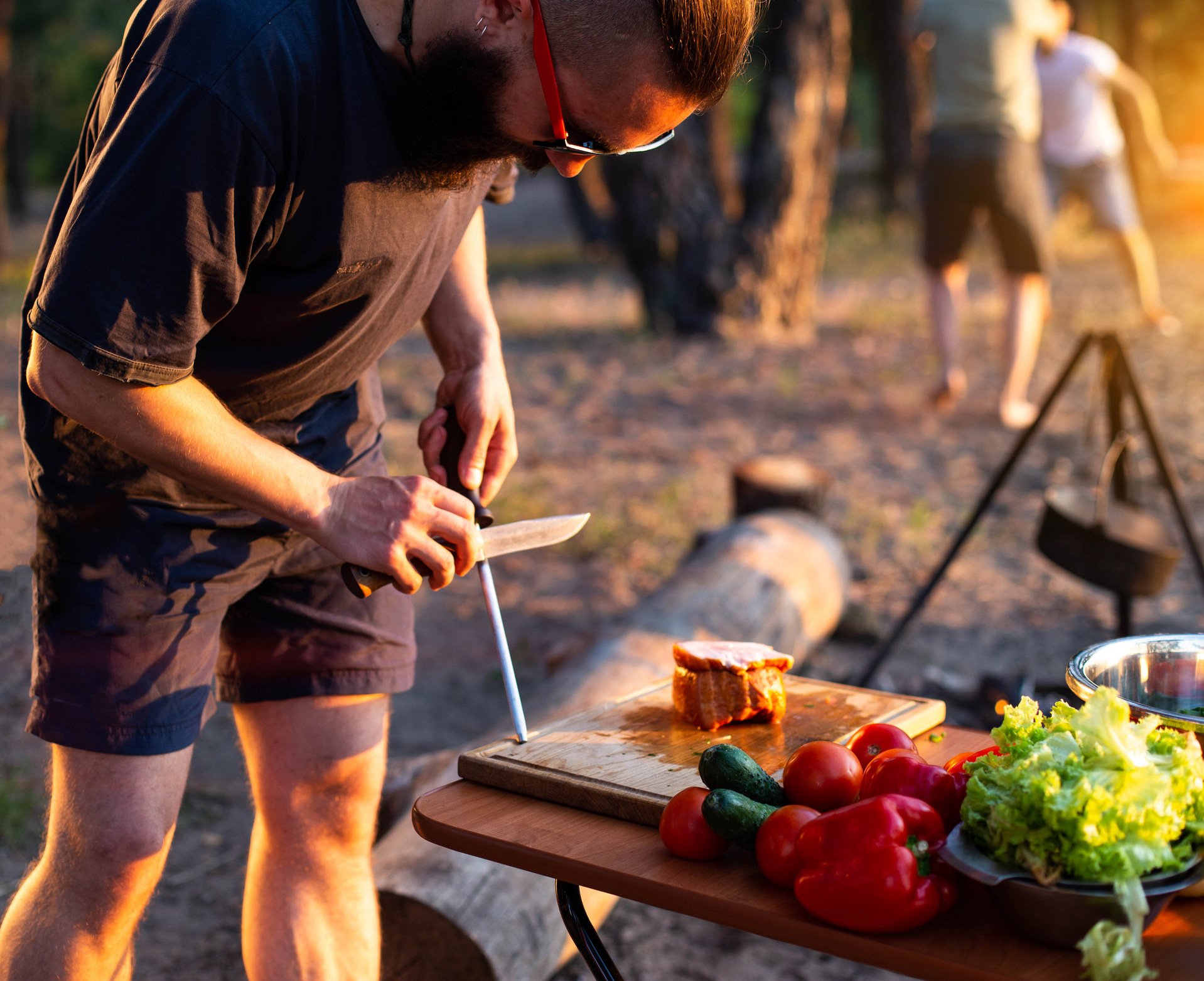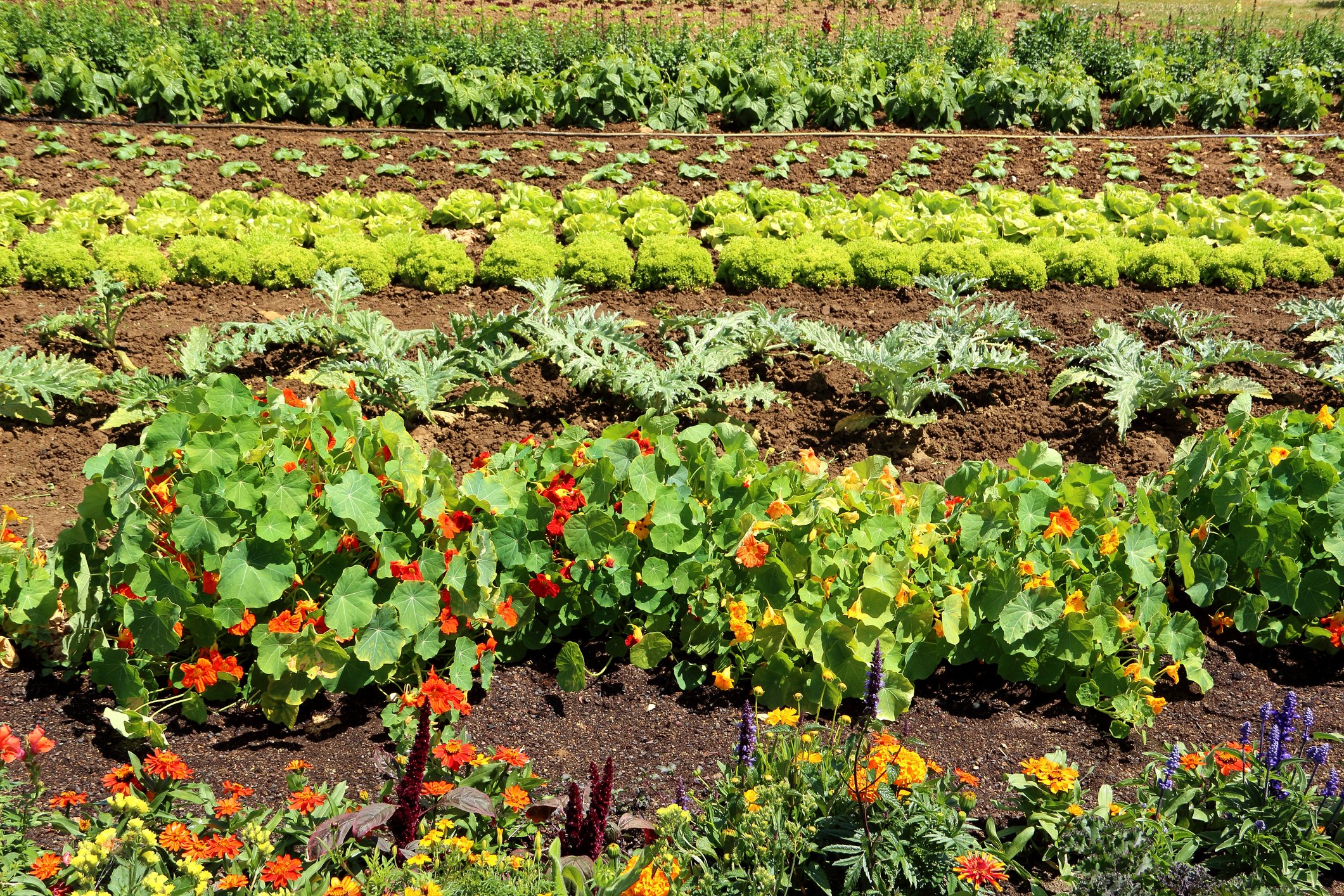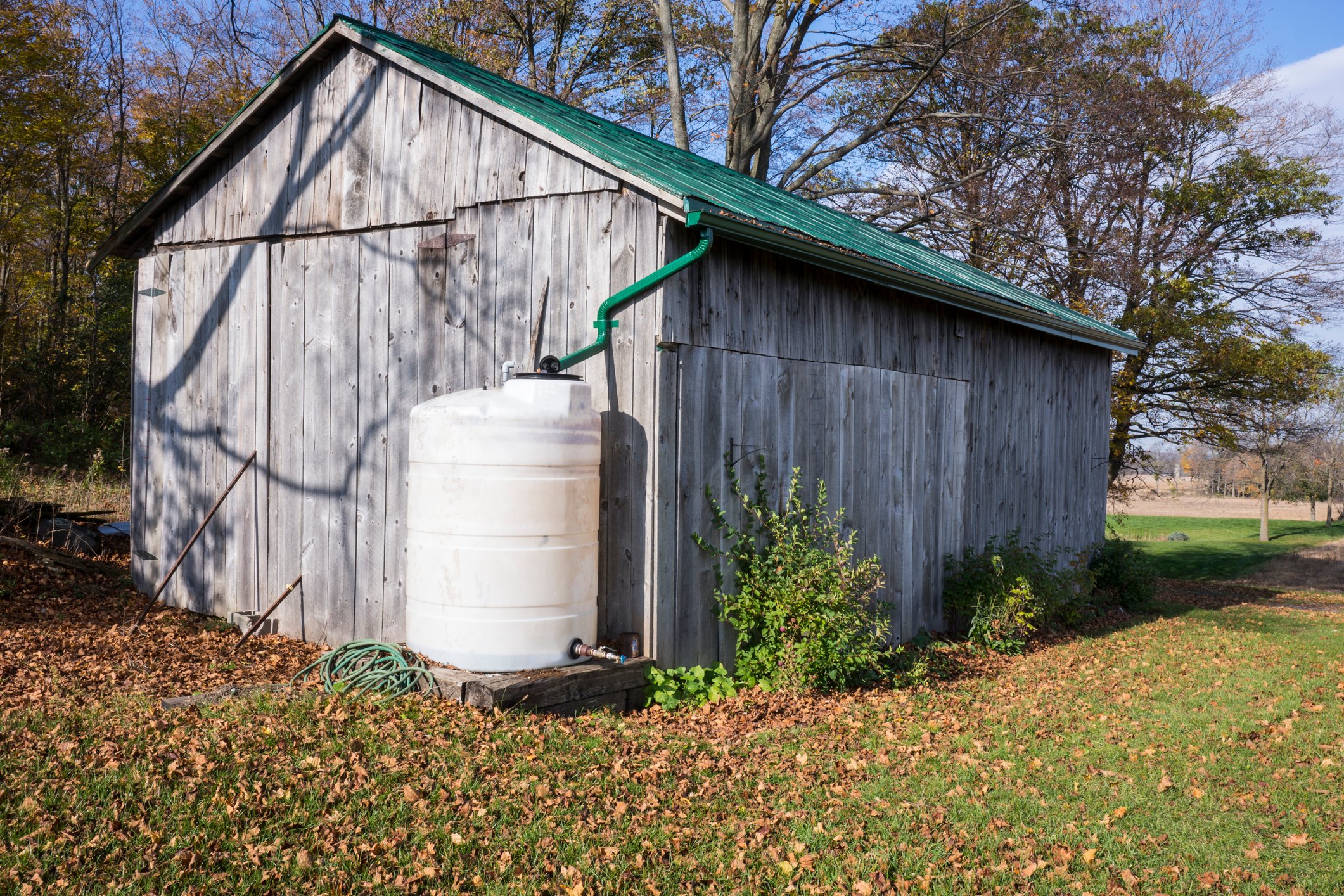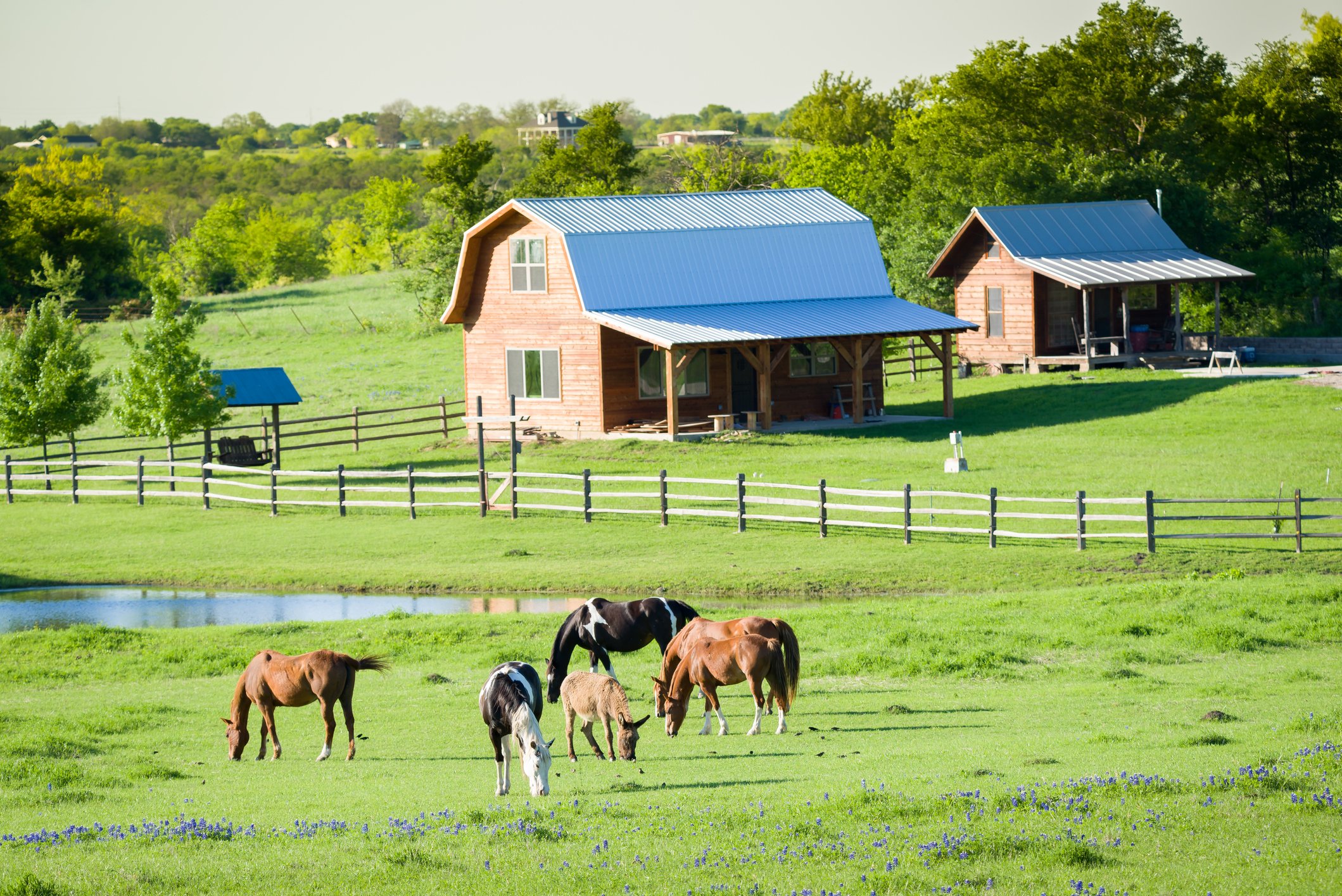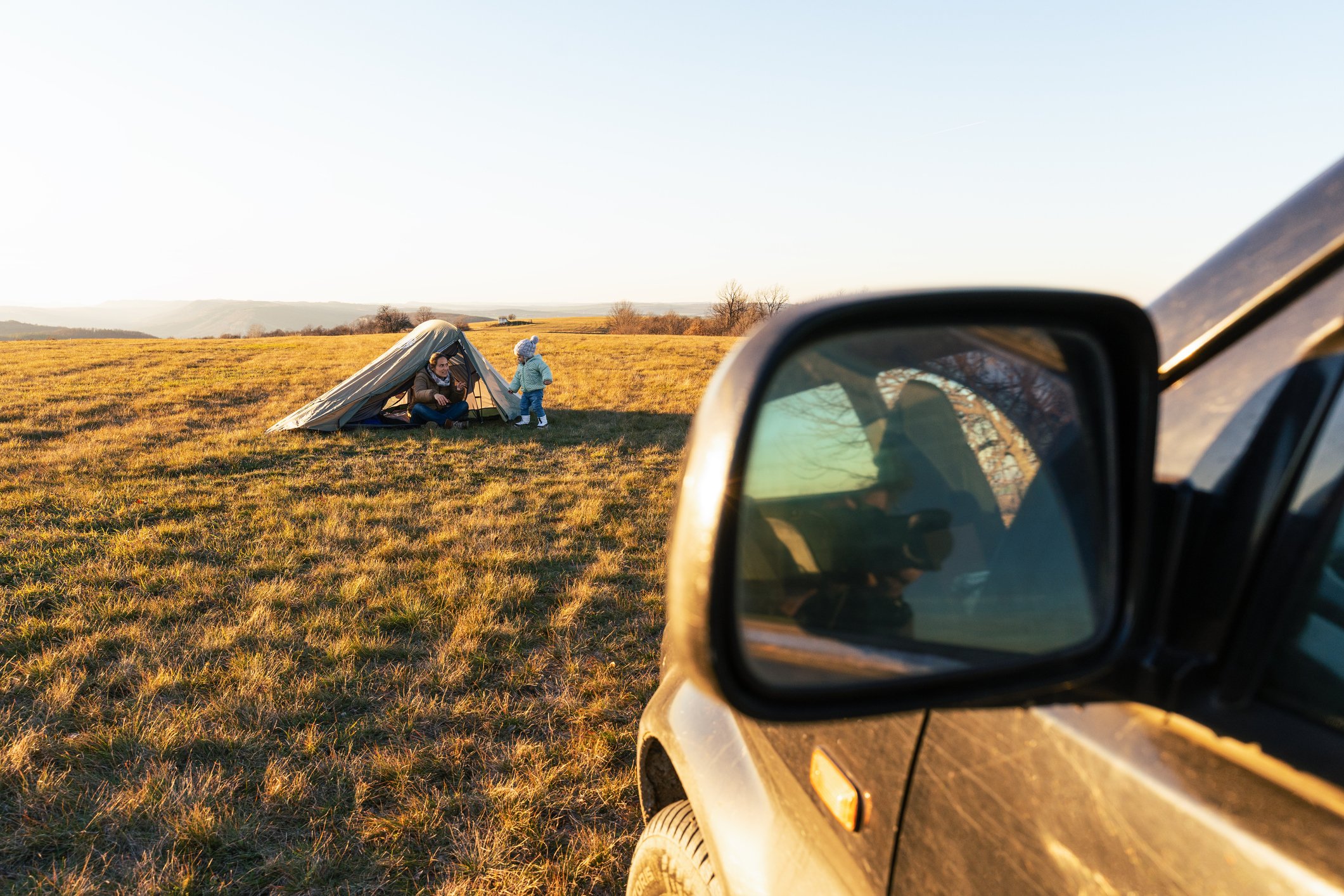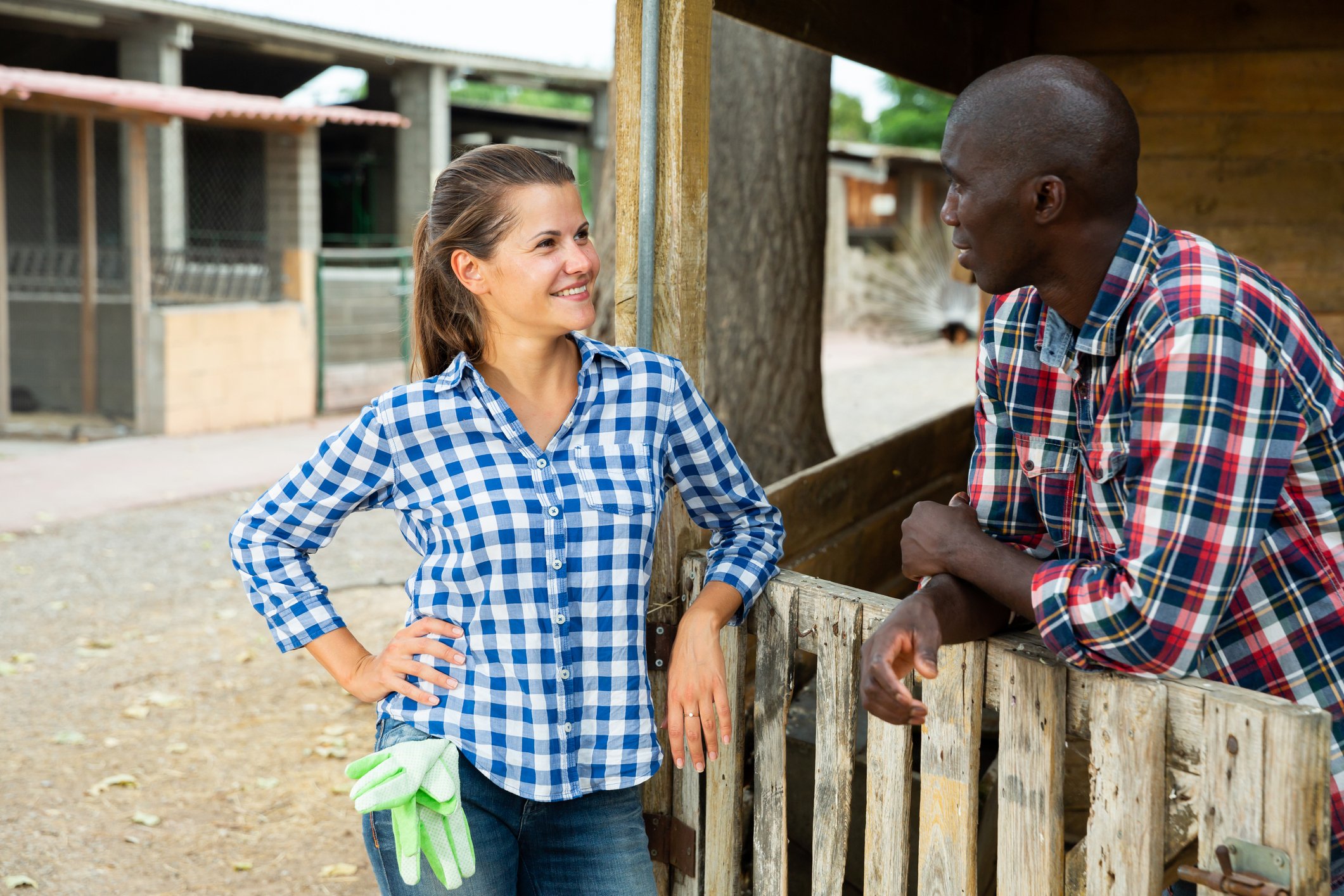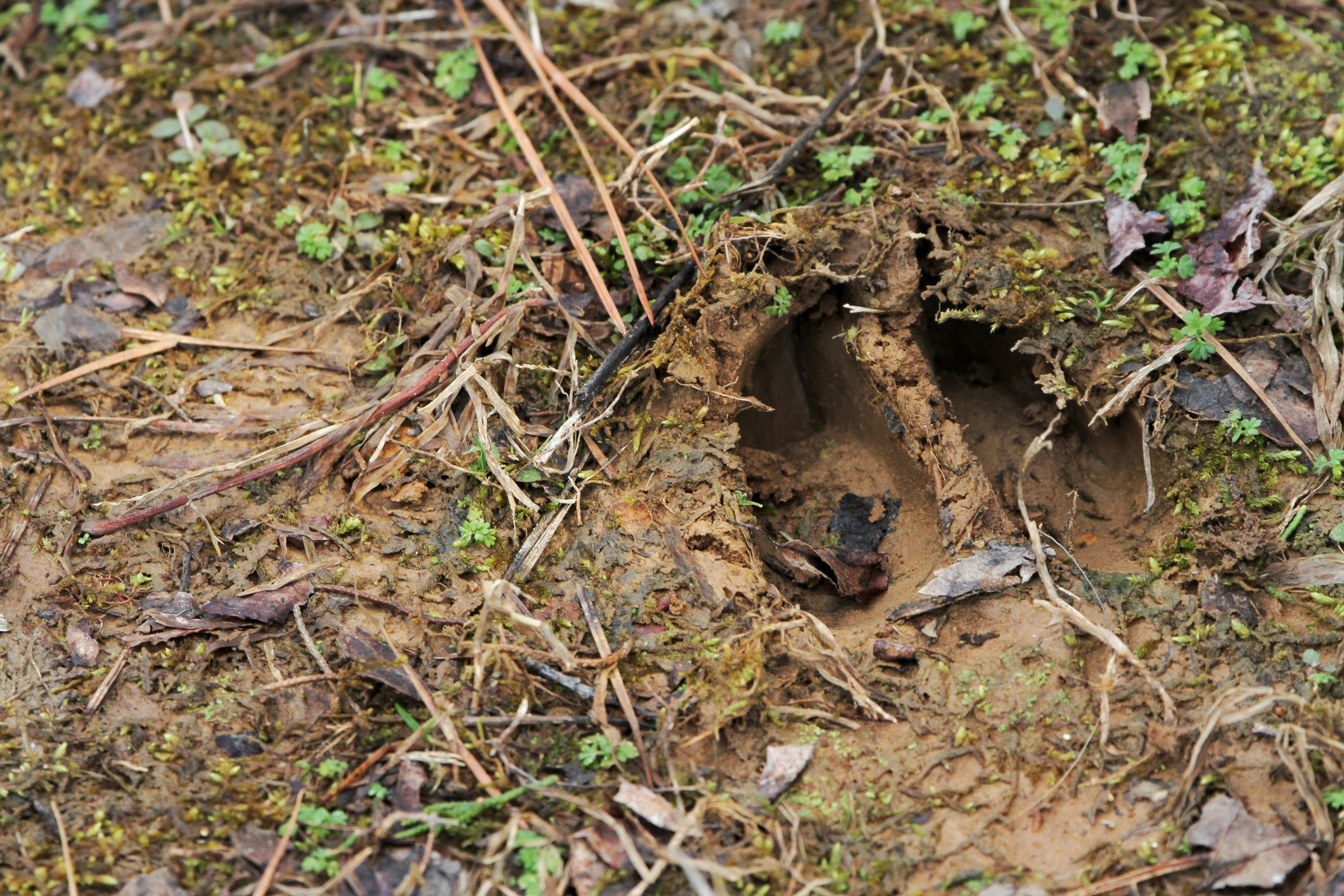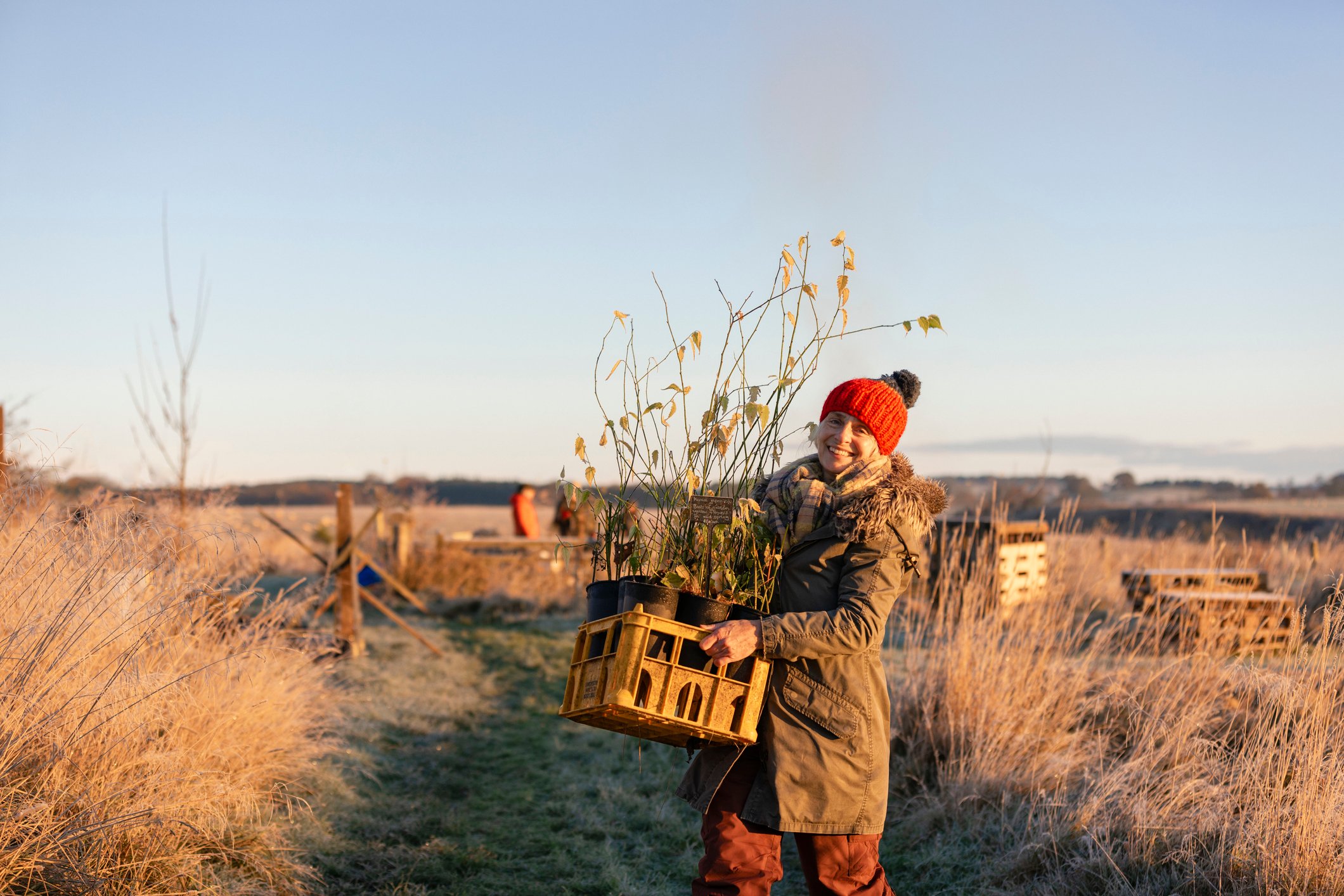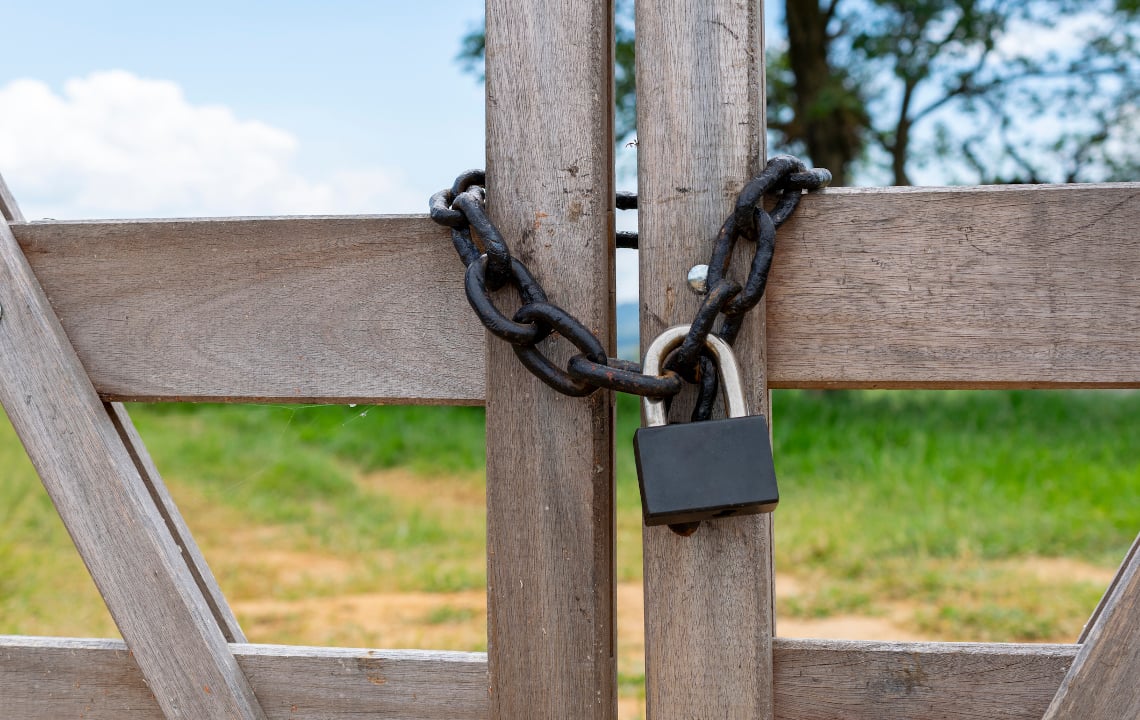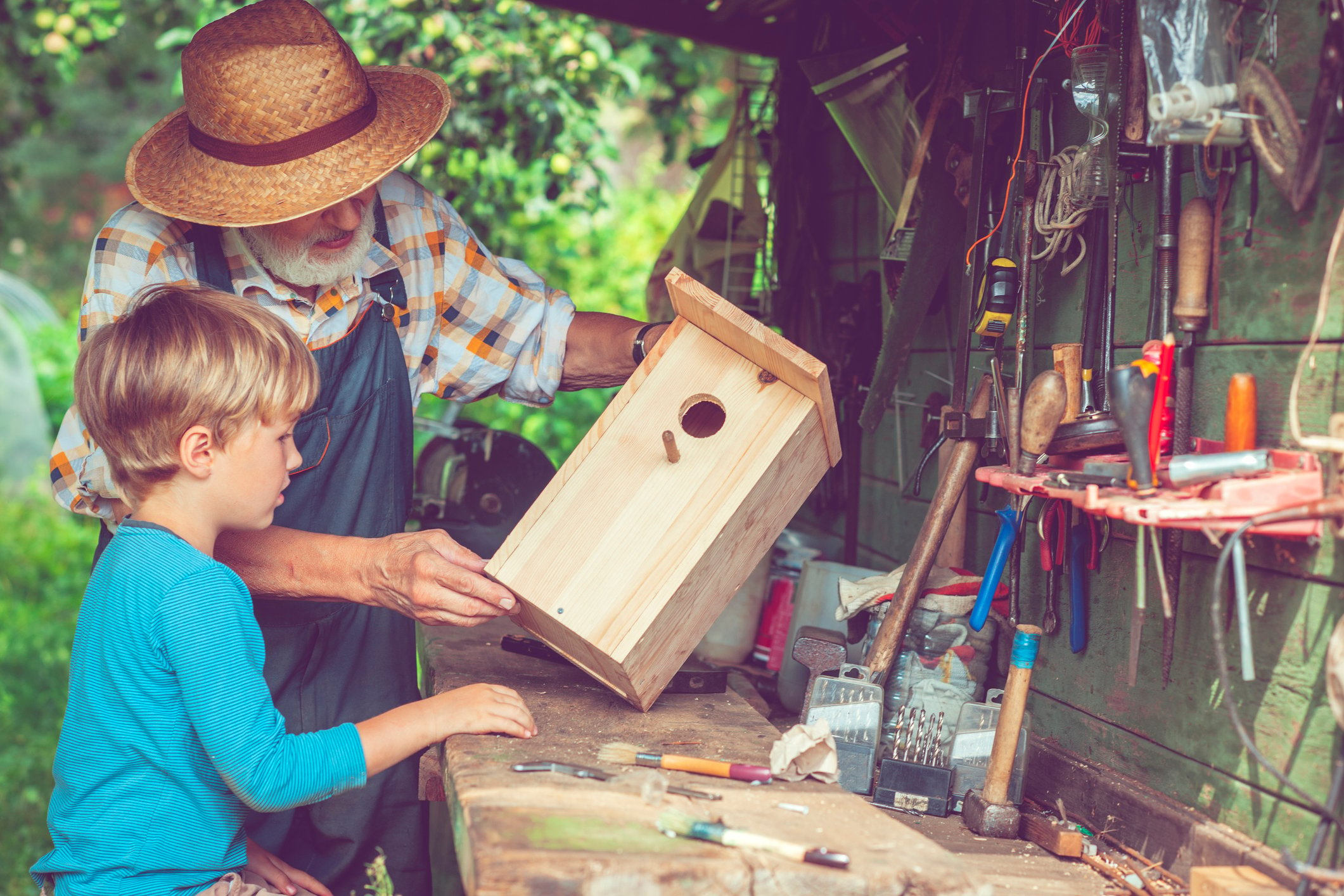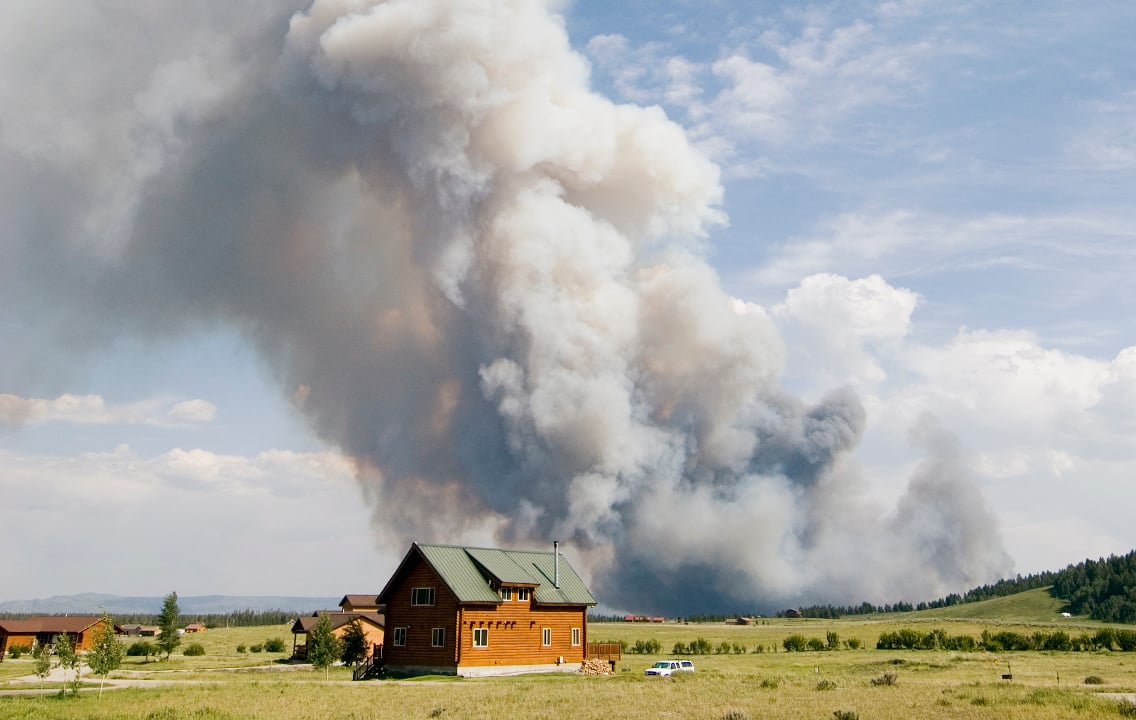Farm chores might not sound like your children’s idea of a good time. But with some encouragement from you, they can learn to love helping out.
As the old saying goes, many hands make lighter work. This especially holds true when you live on a hobby farm, homestead or full-time farm.
Our ancestors understood this, which is why everyone was expected to pitch in so the family homestead would thrive.
 By comparison, 21st century homesteaders have a much easier existence, lest one small issue: how to get the kids motivated to help out with the farm chores.
By comparison, 21st century homesteaders have a much easier existence, lest one small issue: how to get the kids motivated to help out with the farm chores.
For some expert advice, we turned to Amanda Browning of Amanda’s Farm to Fork in Northeast Georgia. Amanda has five children ranging in age from 9 to 16, runs a 27-acre homestead, manages a farm-based meal delivery service, and… all her children help with the farm AND the family business.
Here’s how this homesteading-mother-of-five gets everyone to pitch in with minimal fuss.
A Snapshot of The Browning Family Homestead
In addition to two adults and five kids, the Browning family homestead has pigs, chickens, ducks, gardens, a small pecan grove, berry bushes, fruit orchards, mushroom logs, bees, lambs and horses.
Though this may seem like an extensive operation, it was a hobby farm up until two years ago, when Amanda unexpectedly lost her job.
“I was employed for 22 years with the same family company, and one day my grandmother said she sold everything and I was to be let go. I went from a woman making 100K a year to someone making $200 a week on unemployment.”
That’s when Amanda realized her calling was to make a living off the land. And she did it by expanding their use of the acreage they had and diversifying.
They now run Amanda’s Farm to Fork Delivery service as well as a stand at the local farmers' market selling their own line of apothecary products, homemade baked goods and fresh produce.
With so much going on under one big sky, Amanda relies on her children for help with all the farm chores and managing the home-based businesses.
Here’s how they do it…and you can too.
At What Age Should Children Start Helping Out On a Farm?
Amanda believes the best time for children to start helping out is as soon as they are able.
“From the age I could walk them out to help me is the age I had them start. Otherwise I think it would have been much harder to get them involved later on.
“For example, by the time my daughter Sofia was 3, she’d go out with me to collect all the eggs. She couldn’t do everything perfectly, but it gave her the idea of what was to come. Now that she’s older it’s just a given, she goes down there, she picks up the eggs, she brings them back up, she washes them, boxes them and puts them in the fridge. I think, had I not started that at a very young age, it wouldn’t have been as easy.”
Fun Farm Chores for Toddlers and School-Age Children
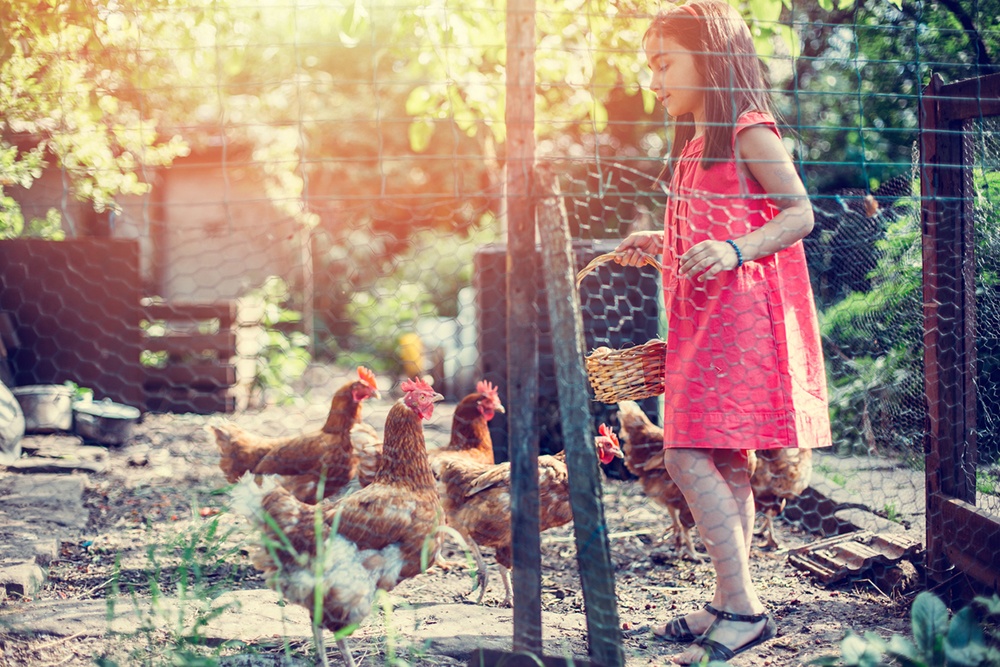
Toddlers and young children are natural helpers, so it makes sense to harness their adorable enthusiasm around the farm, just as the farm-based daycare we interviewed does with its students.
The key is: be realistic and don’t expect perfection.
Here are some simple and satisfying chores Amanda recommends for toddlers and school-age children:
- Collecting and washing eggs
- Washing chicken feeders and troughs (kids love getting into water)
- Feeding animals: “There is not an animal on the farm a toddler can’t feed with supervision. Even if it’s just throwing a bucket of food over a fence or putting kitchen scraps into buckets, it still means they’re helping. Older children can also bottle-feed baby animals.”
- Seeding: “We’ll do acres and acres of sunflowers by hand and all our kids pitch in. We have the older kids put down seed, and the younger ones come behind and cover it up. Kids love being a part of that.”
- Caring for young animals: “We occasionally have lambs and it’s beneficial for them to experience human touch. So we have the young kids go in and pat and spend time with the lambs.”
- Extracting honey: “We raise bees so we always have honey in June, and I’d always have the smaller children crush the comb with their hands to squeeze the honey out. I know it’s a hot mess but kids love that! And we save the comb later for salves, lip balm and soap.”
- Helping with weeding: Amanda says toddlers and school-age children are at the age to start teaching how to identify and pull weeds in the garden.
Appropriate Farm Chores for Middle Schoolers
The pre-teen years are an ideal time to use farm chores such as those listed below to start expanding a child’s sense of responsibility, reinforce practical math concepts and introduce some detail work.
- Watering the animals
- Cleaning out watering troughs once per week
- Keeping feed inventory: “By the time children are in 4th or 5th grade they are learning fractions, so we make it their responsibility to maintain the feed by keeping track of what we get in and how much we have on-hand. Then when it’s time to order they put a note on the fridge indicating the urgency.
“This helps them with their math and teaches accountability—our feed store is over an hour away so we don’t want to run out of feed. It also helps us know how much we’re going through so we can make sure they’re feeding the animals correctly.”
- Garden chores: For example, this spring each of Amanda’s children will be responsible for planting, caring for and harvesting 3 raised beds.
- Harvesting fruits and vegetables: Though all her children pitch in with harvesting, Amanda offers this tip on delegating the detail work:
“I do tend to leave the blueberry and blackberry picking to my girls, just because they tend to be more gentle and they don’t miss a spot! When you have boys they tend to rush through it, so I leave the bigger stuff to them like the tomatoes and the beans.”
- Growing and tending mushrooms (the Brownings grow Shiitake mushrooms on logs)
- Washing and boxing up eggs
- Clearing brush
- Helping with food prep for the Farm-To-Fork business: Snapping beans, peeling carrots, washing vegetables, etc.
Farm Chores to Help Foster Responsibility in Teens
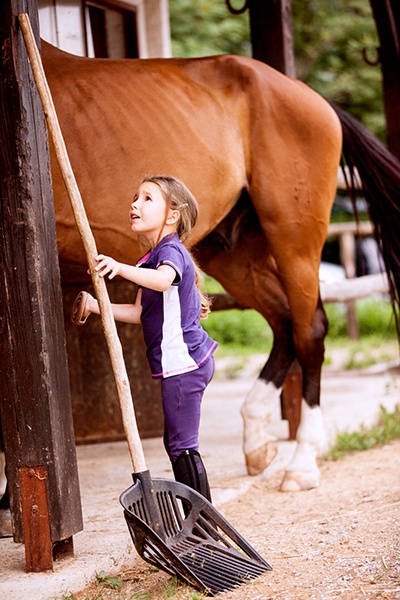 Teenagers are naturally more observant than younger kids, which is a skill Amanda fosters using farm chores such as:
Teenagers are naturally more observant than younger kids, which is a skill Amanda fosters using farm chores such as:
- Keeping an eye on the little ones' work: “As the parent, I am constantly checking everyone’s work. But the older kids can help you there because they have a better eye for the details.”
- Caring for horses from start to finish: “The teens are responsible for everything to do with the horses including brushing, cleaning hooves, feeding and watering and letting me know when the Ferrier needs to come out.
“My 15-year-old daughter wants to be a veterinarian so she needs as much hands-on experience as she can get. The older ones help make decisions about when the horses are to be ridden, the health of the horses, etc. So they are start to finish when it comes to the horses.”
- Keeping watch over the animals' health, well-being, etc.
- Helping out at the farmers' market
- Making pies, breads, etc. for the Farm-to-Fork
Scheduling, but NOT Over-Scheduling, is the Key
Amanda has one simple rule when it comes to the farm chore schedule: get it done right away.
“When my kids get home from school, it’s like clockwork every day. They get home and go out to do their chores. Because if they stop to do homework, have a snack, etc., it’s that much harder to get them up and moving again. You cannot waiver on this.”
So, how much time do Amanda’s children spend on chores on a typical school day?
Just 15-30 minutes, depending on how much they’re “lollygagging.” This leaves them plenty of time to relax, do homework, see friends, etc.
“We never undertake anything that makes their schedules too crazy,” says Amanda.
What about summer break?
“My kids hate the summers because I make them get up early every morning. But I tell them, if we’re up there’s no reason you can’t do your farm chores by 9 and then the rest of the day is yours.”
Dealing with the “I Don’t Wannas…”
Every child is going to have those days they just don’t want to do their chores. On those days, Amanda offers this advice:
“They all have days when they don’t want to go out there, and you have to say: 'There are lots of things in life you’re going to come across that you don’t like. Get it done or you’ll keep going out there until you get it done.' You have to teach them accountability.
“Also, once they get out there and pick a basket of food or see the fruits of their labors in some other way they’re like, 'Wow…I did that!' And it re-motivates them.”
On Working Together as a Family
When asked what they enjoy most about living in a rural setting and running a family farm, Amanda said this:
“I cannot imagine living anywhere else, and I think my family can’t either. Their friends think they’re cool, and I think that’s cool.
“I think it’s important that we get back to being families and doing things together. My husband says all the time we are either going to sink together or we are going to swim.
“I like to think most of the time we’re swimming, but there are definitely days we are all struggling. If you’re going to run a farm it’s got to be done together.”
To learn more about Amanda’s business model visit her Facebook page: AmandasFarmtoFork or call: 770-654-8449.


